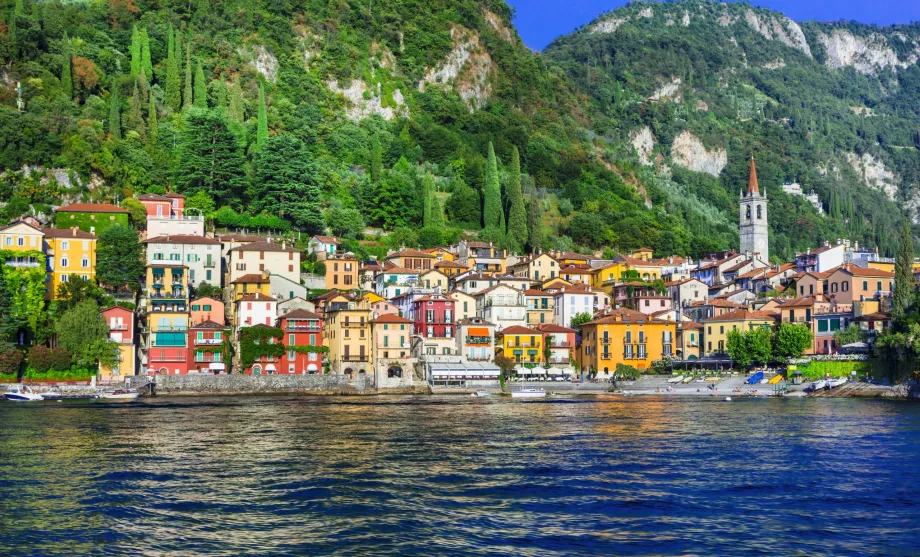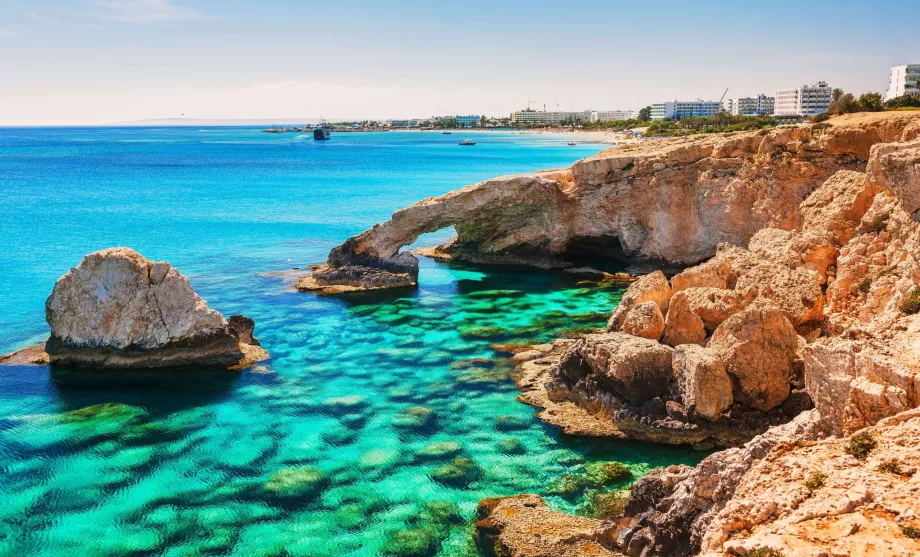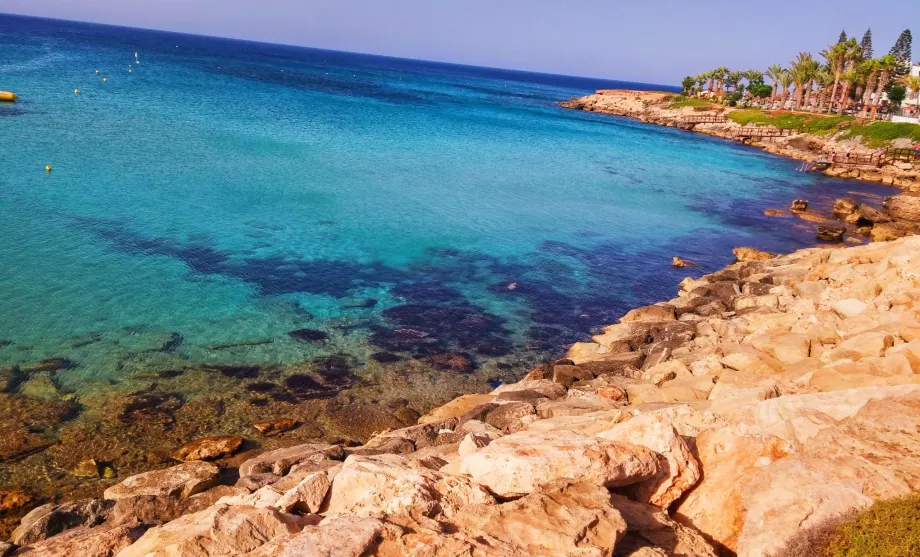
Safety and security in Cyprus


What are the health risks in Cyprus? Is it safe and where are the places with the highest crime rates?
Search for accommodation in Cyprus
Health risks
There are no exotic diseases in Cyprus.
Health risks are mainly from swimming in the sea and prolonged exposure to the sun.
Compulsory vaccinations
You definitely don't need any special travel vaccinations for Cyprus. The risk of contracting an exotic disease, hepatitis or rabies for example, is minimal here.
Risks of swimming in the sea
Swimming in the waters around Cyprus is very safe. The Mediterranean Sea is generally free of dangerous waves and swimming in the sheltered bays of Ayia Napa or Protaras is particularly easy.
The so-called back currents can be a risk, but there is always a warning on the beach with information on how to behave in such currents if they occur regularly.
There are no particularly dangerous creatures in the local seas. For example, the last documented fatal shark attack in Cyprus was in 1901.
Dangerous animals and stray dogs
There are no dangerous animals in Cyprus. There are two species of venomous snakes: the Levantine viper and the European cat snake, as well as tarantulas and scorpions.
However, bites or stings are relatively rare and these animals do not pose a particularly significant risk when moving around in normal tourist areas.
Stray dogs are occasionally found in rural and urban areas, but in most cases they do not notice strangers. Although some sources claim that there are up to 200 000 stray dogs in Cyprus, the reality today is significantly different.
Of all the countries in the region, stray dogs are the least numerous in Cyprus. On the other hand, stray cats can be found literally on every corner.
Drinking water
According to the locals, the water is drinkable, however, it is recommended to buy bottled water. The quality of tap water is not as good as in central or western Europe and could cause you harm or minor health problems.
If you are cooking pasta, for example, and boil the water, this should not be a problem.
Crime
Cyprus is a very safe country and crime is almost zero.
Isolated problems may arise, especially from foreigners and tourists visiting Cyprus. Exercise only basic caution at tourist destinations.
Night walks in Cyprus are safe and no serious incidents have been reported.
Political situation
Tourists who enter the Republic of Cyprus through legal border crossings (south of Cyprus) can travel to the northern part of the island and stay there without restrictions. Conversely, if you arrive in the northern part of the island, you will usually pass through to the south without any problems, but you could encounter difficulties when trying to leave the southern part via Larnaca or Paphos airports.
Bear in mind that the north of Cyprus is not recognised as a republic by anyone (apart from Turkey), and so in the event of a problem, there may be limited assistance for tourists staying in the northern part of the island.
If you talk to locals, keep in mind that the island has been under occupation by the Turkish army since 1974. At that time, many Greek Cypriots were expelled from their homes from the north to the south. The issue of the division and reunification of the island can be very sensitive for some, especially the older generation.
In general, however, the situation is frozen as status quo and no violence is currently taking place between Greek and Turkish Cypriots.
Disaster risk
Although Cyprus is located in an earthquake zone, strong destructive earthquakes do not occur here. Weaker earthquakes occur on average twice every 10 years.
There is little rain in Cyprus, so the risk of flooding is negligible. There are no destructive storms or hurricanes.
Important contacts
Telephone numbers that may be useful during your stay are as follows:
- First Aid - Universal European Number: 112
- National telephone number - universal for police, ambulance or fire brigade: 199
Cyprus' international telephone code is +357.
Any questions left?
If you have any questions or comments about the article...

